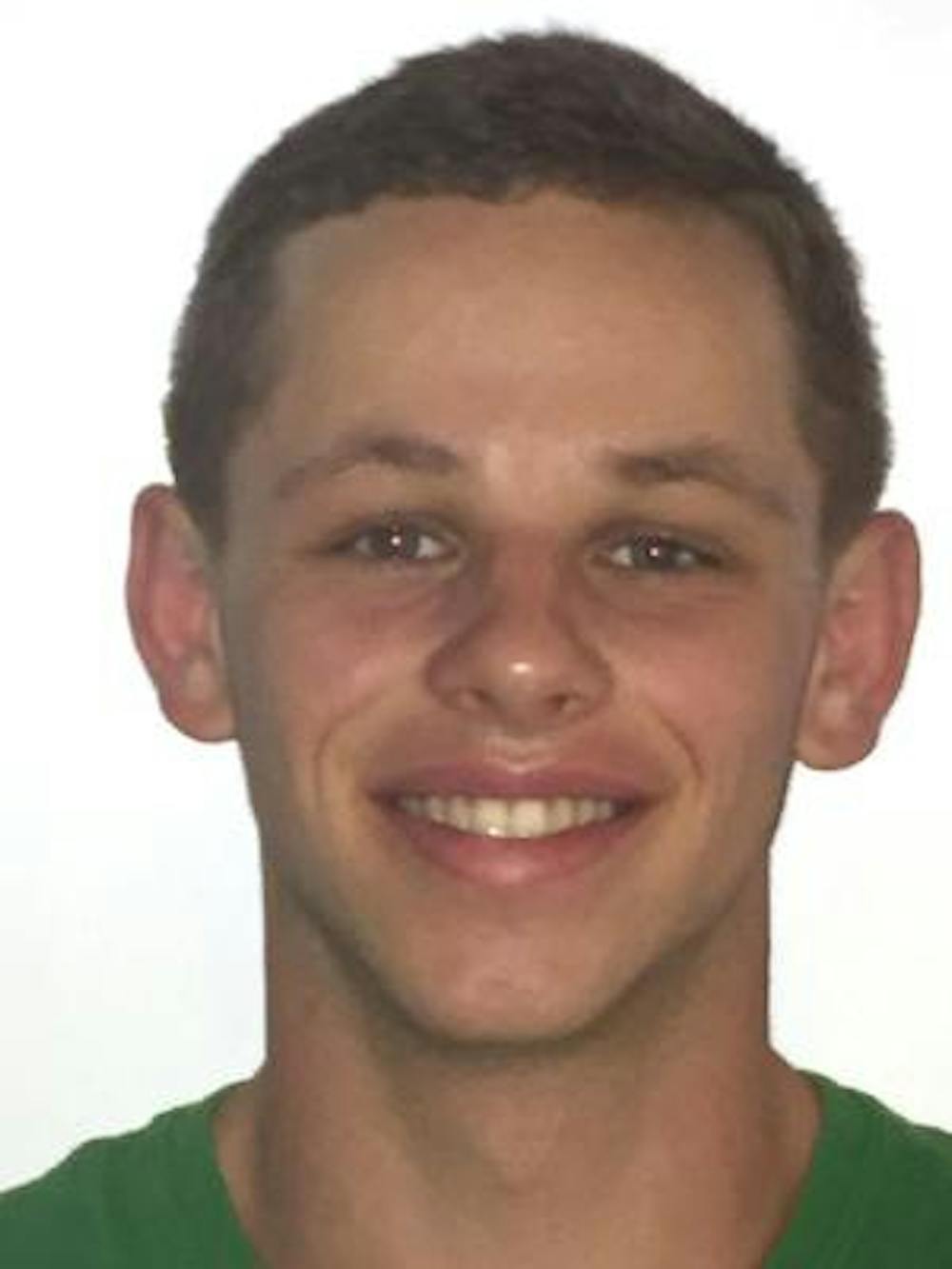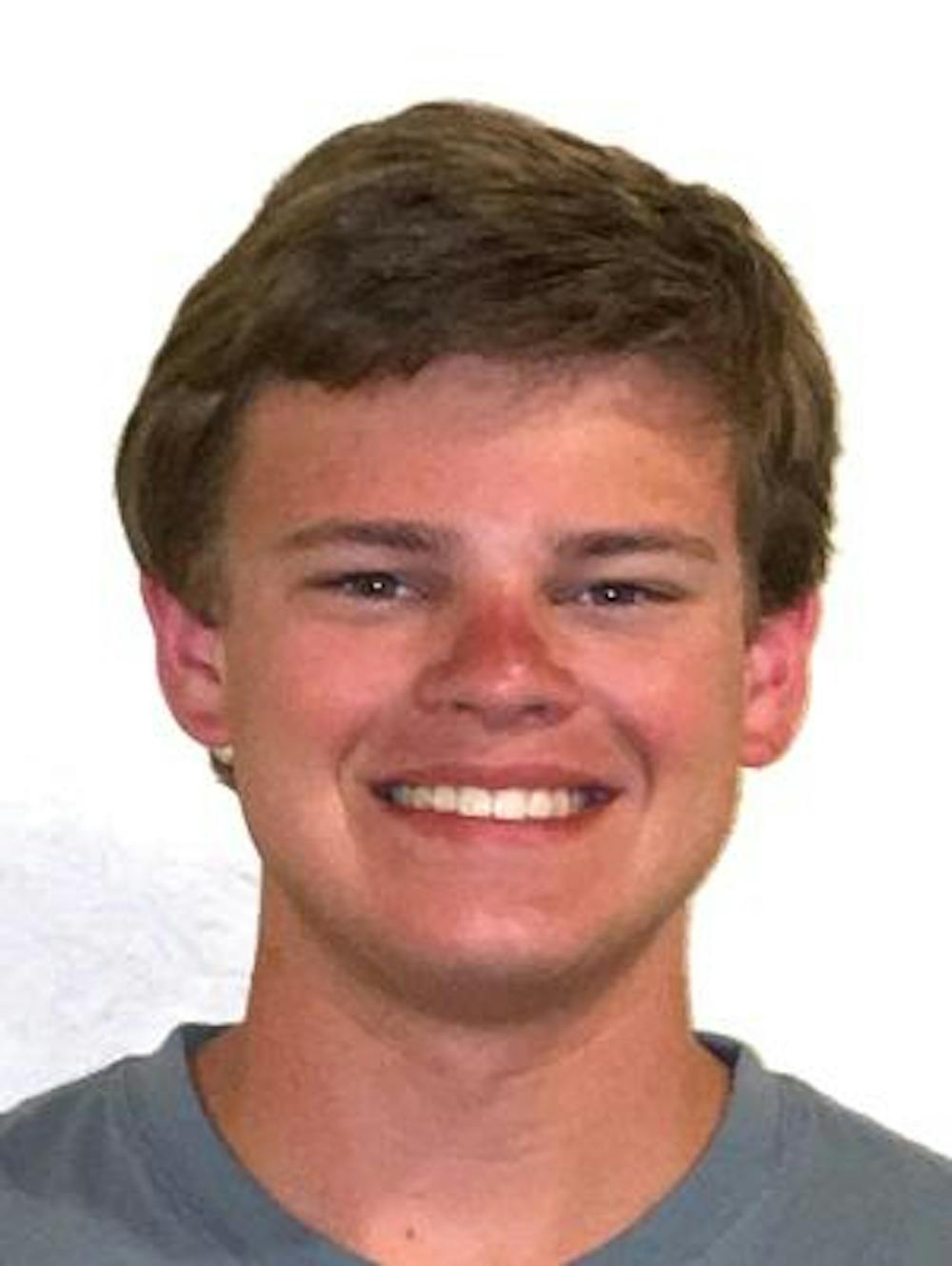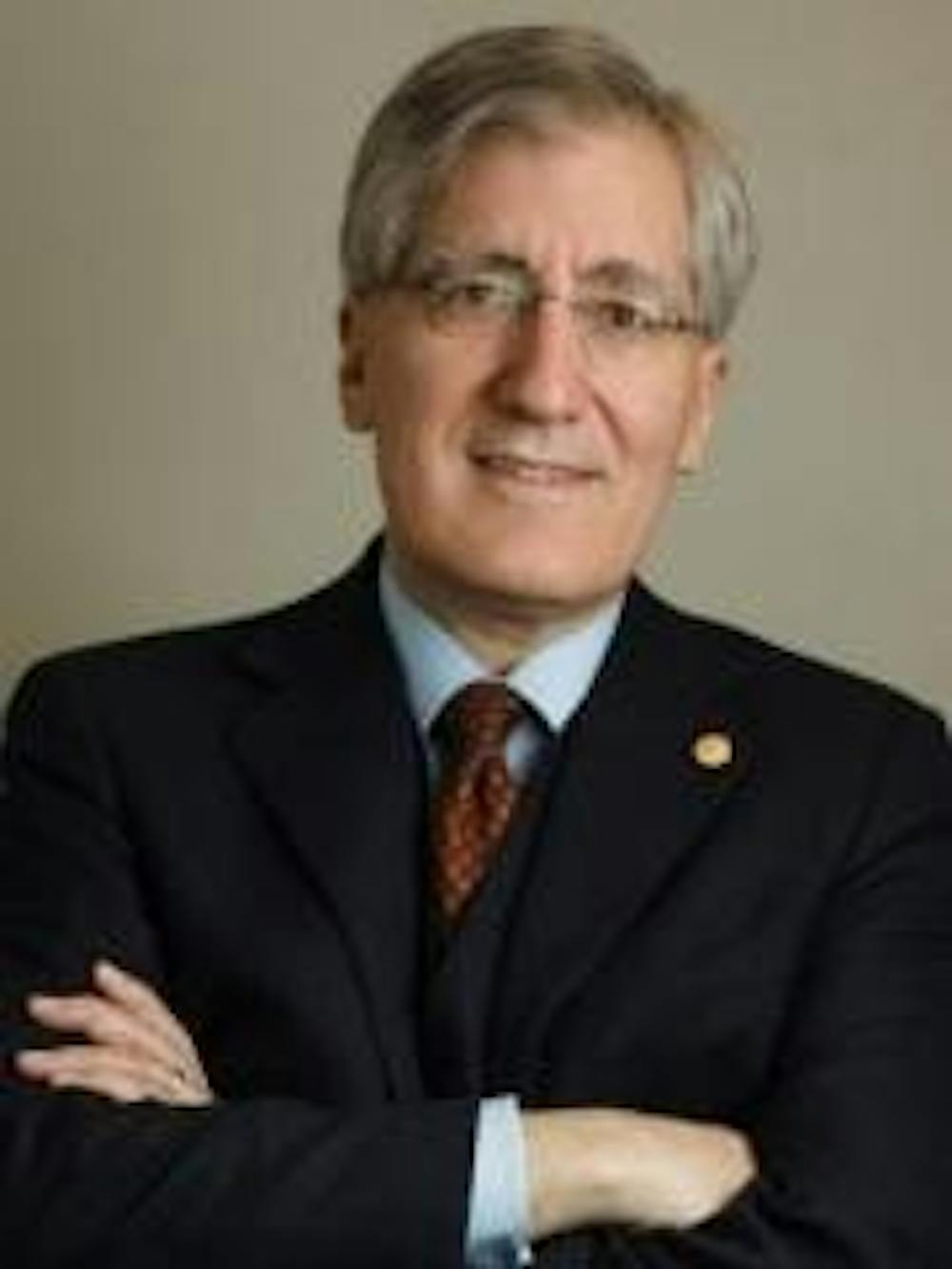When students and professors arrive to campus, Princeton’s environment often causes them to rethink their political ideas. This is because the University allows for exchange between both liberals and conservatives. Conservative professors and students, a minority in 2018, sat down with The Daily Princetonian to discuss what it’s like to voice conservative opinions on campus.
Politics professor Robert P. George explained that political labels mean different things at different times.
“We might be called old-fashioned liberals, Madisonians, or Toquenians,” George said.
George qualifies his political views as conservative because he believes in the natural rights of independence, limited government, rule of law, the need for a strong vibrant, civil society, personal morals of society, and the separation of powers. In high school and college, George was more progressive, but in his later years of college, especially after he read Plato’s dialogues, he gradually moved in a more conservative direction.
The director of the James Madison Program in American Ideals and Institutions at the University, George explained that there is a mix of both conservative and liberal faculty members within the program.
“We try to enrich campus dialogue by making sure that there are plenty of conservative voices,” George said.
For example, Heather Gerken ’91, the dean of Yale Law School and an outspoken progressive, gave a lecture that made a progressive case for the system of federalism, and the James Madison Program welcomed her ideas, George said. The mix of conservatives and progressives at the James Madison Program mirrors the political atmosphere of the University’s faculty.
“Most of [Princeton’s] faculty are on the more progressive side,” said George, “but Princeton has a strong vibrant minority [of] conservative professors. When it comes to professors who are openly conservative, I think there are a higher percentage here and a higher absolute number than in our peer institutions.”

George explained that the examples that have been set by previous faculty members to be more outspoken encourage other professors to be more open with their conservative views. He also applauded President Christopher Eisgruber ’83’s administration in particular for being “very welcoming to diverse opinions.”
“I personally had the encouragement of those who do not agree with me on politics but think it is a very good thing for people like me to be on the faculty and to voice my opinions,” George said.
He pointed out that the administration’s intellectual mission has benefited enormously from having a mix of conservative and liberal voices on campus.
Although George said he has not noticed a dramatic change in the political atmosphere among professors within the two years since President Donald Trump’s election, he has certainly noticed that more professors are openly conservative, compared to when he first arrived at the University 33 years ago.

However, George noted that there is a division among politically conservative professors on campus, where some are more critical of Trump and others are more supportive.
“The interesting thing about Trump is that he is not really a conservative, but he is not a progressive either,” George said. “He has caused division among conservatives.”
George said that the University has been exemplary in providing a place where he is not only allowed but encouraged to think for himself and to express his thoughts.
“I consider myself very fortunate to have made my career at Princeton because it is a place that is so welcoming of civil but robust dialogue,” he said.
He pointed to his collaboration with Cornel West GS ’80, a notably progressive professor in the Center for African American Studies, as an example of productive discourse. George has taught and produced written works with West since 2007.
Politically conservative students voiced similar thoughts to George’s in regard to the University’s political discourse and atmosphere.
Thomas Koenig ’20 is a registered independent who voted for Hillary Clinton in 2016.
“I think there are a lot of good conversations between people who disagree on both sides of the aisle, and I’ve been lucky to be a part of that,” he said.
Koenig explained that he surrounds himself with people on the right and the left. Although he said that he felt comfortable expressing his political opinions on campus, he qualified that conservative opinions are generally not as readily expressed in settings where people are less familiar.
Koenig also added that the right and the left can both be very dogmatic at times.
“It’s like if you don’t agree with some people on the left, you’re racist or sexist,” Koenig said. “It’s our way or the highway. I really don’t like that. I think we should look at issues individually and understand that very different people with very different backgrounds and formative experiences might come to very different, reasonable conclusions.”
Koenig explained that he is independent because he enjoys trying to engage with people on their own terms. For example, he explained that since his father leans towards the right, he would argue for the left back at home. However, at the University, since the majority of students lean left, like most other college campuses, he tends to argue for the right.
Koenig first learned about how people are affected by politics in high school, at a private Catholic all-boys school situated in Philadelphia.
“Studying at Princeton has made me realize how complicated most things are [in politics],” Koenig said. “I’m not some relativist who thinks there are no right answers, but I do think both sides of the aisle have much better points than the other side gives them credit for.”

However, Koenig does not care about ideology, as much as the way politics affects the citizenry — people themselves.
“It should be about people, not ideology,” Koenig emphasized. “We should look at issues and think about what is best for people or the country. People need to overcome the constraints of dogma that they place themselves under.”
He said that people have experiences that have shaped the conclusions they’ve come to, which are “not that unreasonable sometimes.”
“I tend not to ever judge someone based on their political beliefs,” said Koenig, “unless [their beliefs] are ridiculous, like if they’re alt-right. If we’re not going to judge someone then, then when are we going to stand up for what’s right?”
President of College Republicans Will Crawford ’20 pointed to his upbringing for influencing his political conservatism.
“I come from a pretty conservative place, and my parents are conservative,” Crawford explained. “My small town in Georgia — most people are pretty conservative. Being at Princeton is a very different experience than [my hometown] and that led me to think about [politics] more.”
Crawford added that he contemplates limited government, personal freedom, and the dignity of every individual. Although he said that he feels comfortable voicing his political opinions on campus, he also said that there are times when he would rather not get into a large political discussion in casual company.
“I don’t change what I think based on the company,” said Crawford, “but there are certainly times when I would rather not say something. I’m not going to go out of my way to make a point about my political beliefs.”
Crawford voted for Trump in the 2016 presidential election. He said he supports the rolling back of federal regulations, the curbing of power of federal agencies, and Neil Gorsuch’s nomination to the Supreme Court under the Trump administration.

Although Crawford said he believes Trump’s rhetoric surrounding immigration is unnecessarily aggressive, he nevertheless agrees there must be “serious political discussion” about immigration and how to enforce border control. Crawford added that although he supported Trump’s decision to rescind DACA executive order, he said he thinks it would have been better to resort to legislation instead of fiat.
Organizations on campus that enhance more politically conservative views include The Princeton Tory, the Clio section of the American Whig-Cliosophic Society, Princeton Pro-Life, and the Anscombe Society.








